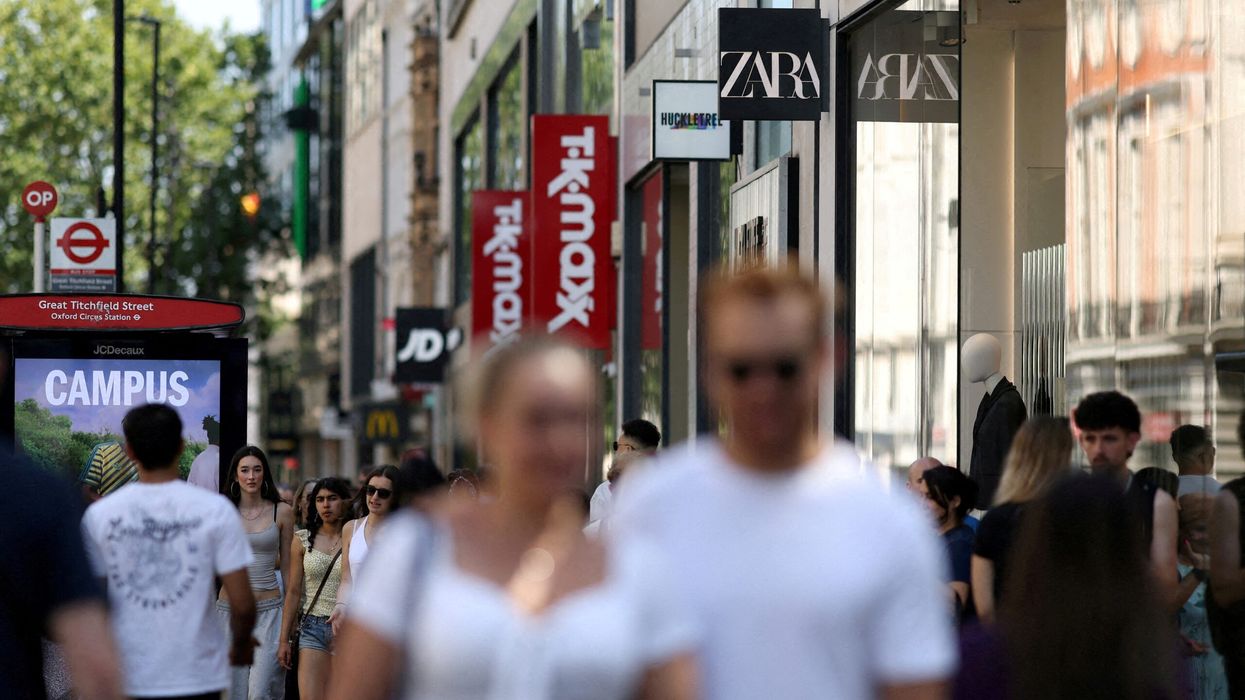BRITAIN's economy grew by 0.6 per cent in the April-June period, slightly slower than the 0.7 per cent expansion seen in the first quarter, according to official data released on Thursday.
The growth comes as the UK continues to recover after exiting a mild recession at the end of last year, supported by a decline in inflation from its four-decade highs.
The data, released by the Office for National Statistics, covers the period just before the general election in early July, where the Labour Party won on a platform focused on significant economic growth.
Chancellor Rachel Reeves responded to the latest GDP figures by acknowledging the challenges ahead. "The new government is under no illusion as to the scale of the challenge we have inherited after more than a decade of low economic growth and a £22 billion black hole in the public finances," she said. "That is why we have made economic growth our national mission and we are taking the tough decisions now to fix the foundations so we can rebuild Britain and make every part of the country better off."
The data also showed that GDP recorded zero growth in June, the final month of the second quarter.
Liz McKeown of the statistics office said this was due to weak performance in health, retailing, and wholesaling, offset by growth in manufacturing. She highlighted that growth across the quarter was driven by the service sector, with significant contributions from scientific research, the IT industry, and legal services.
Meanwhile, inflation remains a concern. The Consumer Prices Index rose back to 2.2 per cent in July, slightly above the Bank of England's target but still much lower than the peaks seen after Russia's invasion of Ukraine. Analysts expect the central bank to continue cutting interest rates in the coming months.
Separate data this week indicated that Britain's unemployment rate dropped to 4.2 per cent, while wage growth fell to its lowest level in nearly two years.
Keir Starmer's Labour government plans to boost the economy through initiatives like mass house-building and doubling onshore wind energy by 2030.
However, Reeves has warned that the country's public finances face an additional £22 billion shortfall inherited from the previous Conservative administration, which may lead to tax increases when she presents her first budget later this year.
(With inputs from AFP)




